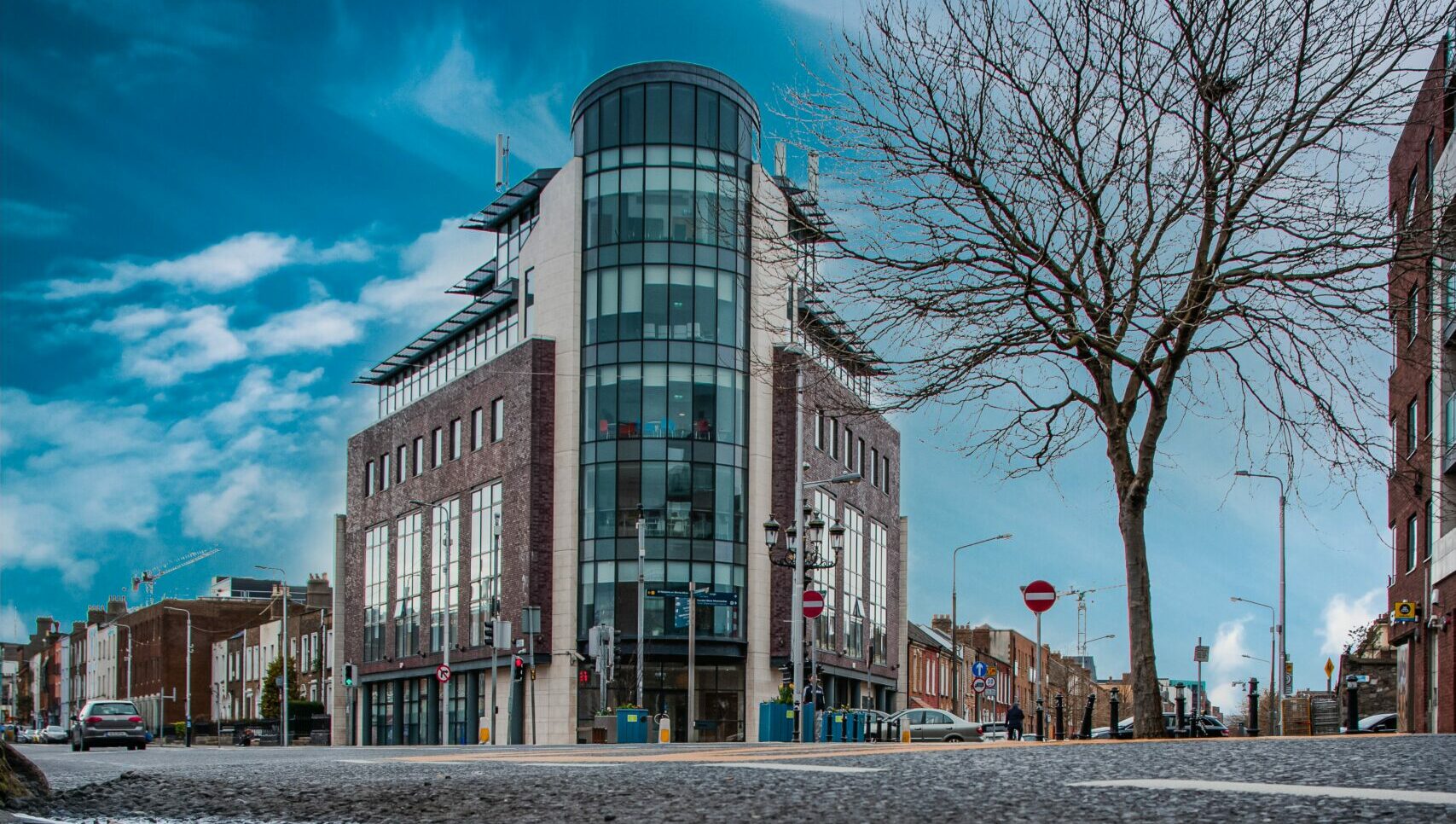Dublin’s office space landscape is experiencing a transformative shift as the city witnesses a surprising building boom amidst the pandemic. With companies downsizing and reevaluating workspace needs, it’s time to rethink traditional office setups.
While 2022 is looking to be one of the biggest years for new office completion since the global financial crisis, with some 240,000sq m (2,583,339sq ft) due for completion in Dublin, a recovery in average rents is still some way off as corporate occupiers weigh up their requirements in a post-pandemic world. This is according to a new report by property consultants BNP Paribas Real Estate Ireland.
Dublin’s Surprising Office Building Boom Amidst the Pandemic
I’m amazed, over the last 2-3 years, at the level of office building in Dublin. Even during the pandemic the past 2 years, a number of high-profile office blocks were completed in and around the Dublin 2 and Dublin 4 areas. During the same time, companies of all sizes were downsizing their office requirements for staff.
Companies of All Sizes Rethink Traditional Office Setups
During 2020 and 2021, a number of huge employers stated they were downscaling in parts, that office that we knew of: ‘Monday to Friday 9 to 5’. In 2020 a huge employer ‘State Street’ announced it “will see fewer people working in its IFSC offices as it reconfigures its office footprint.” This comes after similar announcements from Google, which pulled the plug on a new office building lease, and Microsoft predicting a permanent office exodus, and others and the general consensus is that most multinationals and, in general, most businesses, large and small, will be reducing their office requirements if not getting rid of their office altogether.
Moreover, the vast majority of professional employees want and expect reduced hours in the office and increased working-from-home opportunities. Most employers now seem to acknowledge this, led by multinational firms. For employers, it makes sense to reduce physical office space, and for employees, it means less time commuting. Also, it makes sense, as employees don’t have to buy or rent in Dublin and can opt for cheaper housing options outside Dublin.
Rethinking Dublin’s Office Space
As the office landscape in Dublin undergoes a transformative shift, it’s essential to stay ahead. So there’s no better time to join the evolving workspace trend today, and explore Dublin Mail Drop. We are the #1 Virtual Office in Dublin, offering fully inclusive packages and a prestigious Baggot Street address for your business – all with no hidden fees! Call us now, and let’s upgrade your virtual office presence!
Frequently Asked Questions About Dublin Commercial Rent
What tech companies are leaving Dublin?
Prominent US technology companies, including Alphabet (Google’s parent company), Meta (Facebook’s parent company), and Salesforce, are reportedly exploring plans to vacate leased office spaces in Dublin and London, as informed by sources familiar with their intentions.
How much does it cost to rent an office space in Dublin?
While office rents experienced a decline during national lockdowns as remote work became prevalent, prime office rents in Dublin city centre have stabilized as of 2021. On average, the cost stands at €630 per square metre, equivalent to just under €59 per square foot.
Why is office space so expensive?
Several factors contribute to the high cost of office space. First, you must consider that the demand for prime locations in bustling business districts drives up prices. Additionally, commercial properties require specialized infrastructure, including advanced technology systems, security measures, and amenities tailored for business operations. The expenses associated with maintaining and managing these facilities, such as utilities, maintenance, and property taxes, also contribute to the overall cost of office space.
What is the average cost of a virtual office?
Virtual office pricing typically involves an initial setup fee of approximately €150-200, followed by a fixed monthly fee for the basic plan (additional services may incur extra charges). On average, you can expect to pay around €49 to €100 per month for a basic virtual office plan. These costs may vary depending on the provider and the specific services included in the plan.
